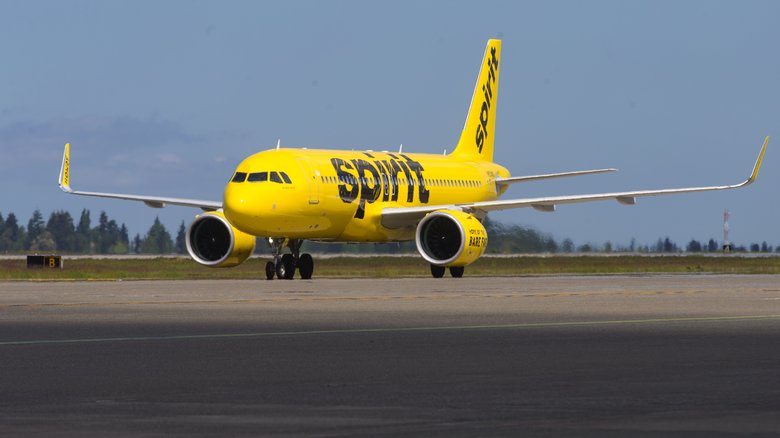U.S. budget carrier Spirit Airlines said yesterday its quarterly profit rose more than 400 percent on the back of a one-time credit benefit from the U.S. tax code overhaul.
The Fort Lauderdale-based carrier said on an adjusted basis, it earned 73 cents per share, beating analyst consensus estimates of 71 cents per share according to Thomson Reuters I/B/E/S.
Fourth-quarter net income was $250.34 million, including a one-time non-cash tax credit of $199.3 million, Spirit said in a statement. Net income in the year-ago period was $48.5 million.
“We must remain focused to also deliver on the full profit potential of the business in the face of a very competitive industry. With elevated domestic capacity growth, low costs are even more important today than ever,” Chief Financial Officer Edward Christie said on the airline’s earnings call.
Spirit’s model of low ticket prices depends on high flight volume, aggressive fees for non-ticket items and keeping operating costs low.
Fourth-quarter operating costs fell 4.4 percent on lower salaries and wages for employees and a decrease in aircraft rent. A new pilot contract, which includes an average pay increase of 43 percent for the carrier’s 1,800 pilots, will significantly hike costs if ratified later this month.
Sharply higher fuel costs also weigh on the bottom line. Spirit’s fuel cost per gallon rose 20.1 percent and its gallons consumed increased 15.5 percent.
To grow its share in increasingly crowded domestic markets, Spirit said it planned to expand capacity by 21.5 percent in the first quarter, and 23 percent for the full year.
The rapid growth mirrors plans by larger rival United Airlines to dramatically boost capacity over the next three years to defend its hubs as budget competitors expand in its major markets.
News of the plan in January sparked a sell-off of airline shares as investors feared an intensifying fare war.
To support growth, Spirit said it planned for increased gains from extra charges like baggage fees and seat assignment fees.
“Along with our ultra-low-cost structure, one of our largest competitive advantages is our ancillary revenue production, which accounts for roughly half of our revenue. We remain excited about the potential we see to push non-ticket higher,” the carrier said.
Spirit shares were unchanged at $39.88 at midday.







